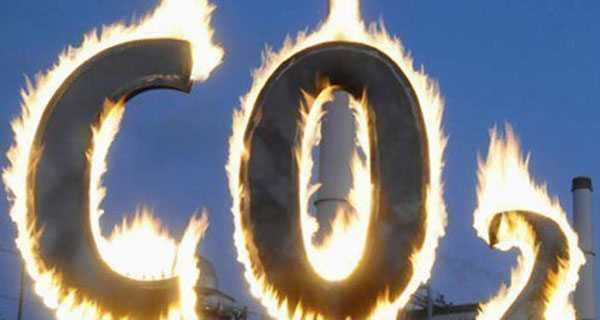By Ben Eisen
and Charles Lammam
The Fraser Institute
Over the past two years, Albertans have been hit with a wide range of tax hikes and fee increases including substantial increases to personal and corporate income taxes. On January 1 of this year, Albertans faced yet another tax increase, as the province’s new carbon tax came into effect.
The likely economic effects of the new carbon tax cannot be considered in isolation but rather in the context of the other recent tax increases. Unfortunately, the evidence suggests that this latest tax hike will make the economic damage caused by the earlier ones even worse.
First, let’s establish the scale of the recent personal and corporate income tax increases, and how these hikes have undermined Alberta’s tax competitiveness.

Eisen
Two years ago, Alberta had the lowest top combined federal-provincial (or state) personal income tax rate in Canada and the United States, with a simple, pro-growth single-rate income tax structure that helped attract people and investment. In 2015, the newly elected Notley government scrapped the single-rate tax, replacing it with a five-bracket system in which the top rate increased to 15 per cent – that’s a 50 per cent hike.
Thanks to this increase, and a recent increase to the top federal personal income tax rate, Alberta’s top personal income tax rate is now the 16th highest among 61 Canadian and American jurisdictions. Farewell to this once-important component of Alberta’s tax advantage.
More bad news on the corporate tax front: Whereas Alberta used to have the lowest statutory corporate income tax rate in Canada, the 20 per cent increase implemented in 2015 has dropped the province squarely to the middle of the Canadian pack. This represents another blow to Alberta’s tax advantage and growth prospects.

Lammam
And now on top of these tax increases comes the new carbon tax. The economic implications of implementing a carbon tax hard on the heels of these other tax increases are worrying. Research shows that an important downside of a carbon tax is caused by its interactions with other harmful taxes. Simply put, it shows that the introduction of a carbon tax can make the economic damage caused by other economically inefficient taxes (like the corporate income tax) even worse.
In Alberta, this means that the economic harm caused by the personal and corporate income tax hikes are likely to be even worse as the carbon tax rate escalates over time.
This tax interaction effect is just one reason many economists who support carbon taxes argue they should be revenue neutral – that is, accompanied by reductions in other taxes such as income taxes, to mitigate the damage to the economy.
But that’s not what’s happening in Alberta. Instead, these other taxes are increasing at roughly the same time, producing a marked increase in the overall tax burden faced by Albertans and a blow to the province’s economic growth prospects. This would be bad enough news if times were good, but it’s especially painful when the province is still reeling from a severe recession and depressed commodity prices.
Make no mistake, recent increases to personal and corporate income taxes eroded Alberta’s once-powerful tax advantage within North America. And a dense body of academic literature suggests these tax hikes will undermine the province’s economic growth prospects going forward. The gradual increase in Alberta’s carbon tax in coming years will exacerbate this economic damage, while increasing the tax burden on working Albertans and their families.
Ben Eisen and Charles Lammam are analysts with the Fraser Institute.
Ben and Charles are Troy Media Thought Leaders. Why aren’t you?
The views, opinions and positions expressed by columnists and contributors are the author’s alone. They do not inherently or expressly reflect the views, opinions and/or positions of our publication.
